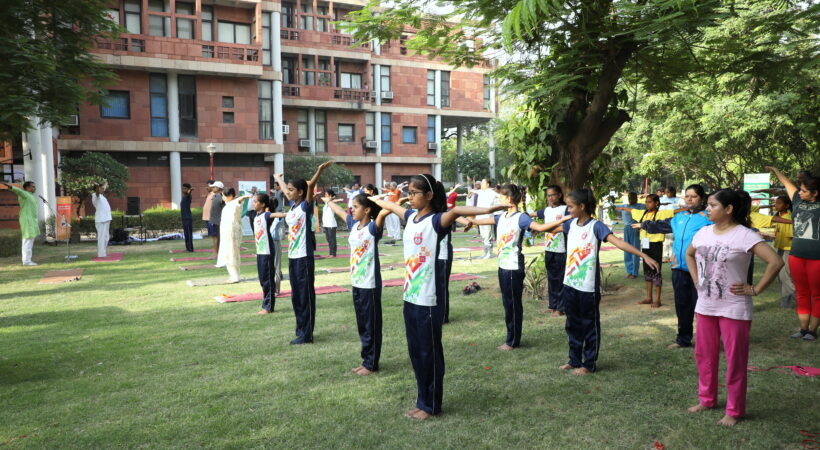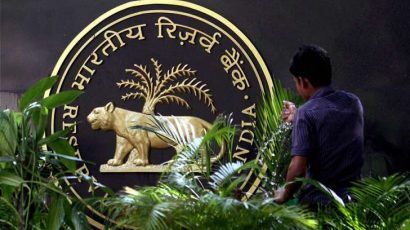NCERT Advances Holistic Student Wellness Through National Health Programme

The National Council of Educational Research and Training (NCERT) is advancing its School Health and Wellness Programme (SHWP), launched with the support of UNESCO, to promote a holistic, preventive, and proactive approach to student health through education. As part of the programme, the entities, in collaboration with CBSE, conducted the eleventh edition of the capacity-building workshop in New Delhi this week to boost the network of master trainers who have been implementing the SHWP across 30,000 CBSE-affiliated schools.
The programme aims to reach out to around 15 million adolescent students, helping support their overall growth—such as emotional well-being, gender equality, reproductive health, mental wellness, and safe internet practices—with a 24-hour curriculum and training modules, including animated videos and a comic book centred on the programme’s 11 core themes. These are available in English, Hindi, and nine regional Indian languages for facilitators.
To date, NCERT has hosted eleven five-day workshops, training 970 Master Trainers, who have trained more than 40,000 teachers through 754 capacity-building programmes via CBSE’s Centres of Excellence.
More than 290 principals, school leaders, and educators from 22 states and 5 union territories—including Andhra Pradesh, Assam, Delhi, Kerala, Rajasthan, Uttar Pradesh, and others—participated in the training sessions.
According to the release, Anandrao V. Patil, IAS, Additional Secretary, DoSEL, Ministry of Education, emphasised the importance of mental health, gender equality, and inclusive education in achieving the holistic vision of the National Education Policy (NEP) 2020. “You are changemakers. Never forget that,” he said, reinforcing the role of education in shaping responsible and empathetic individuals.
According to the release, Prof. Dinesh Prasad Saklani, Director of NCERT, commended the collaborative efforts of CBSE, UNESCO, and NCERT in organising the workshop. Reflecting on the importance of understanding adolescents more deeply, Prof. Dinesh Prasad Saklani emphasised that when underlying issues in a student’s family go unnoticed, teachers may respond differently without realising the context. He noted that this is why such training is critical, as it helps educators recognise challenges and work towards achievable goals.
“Health and education are not separate goals; they are interlinked foundations for equity, dignity, and opportunity. Every wellness session, every teacher trained, every child heard—it’s a step toward systems that put learners at the centre,” said Tim Curtis, Director of the UNESCO South Asia Regional Office.















